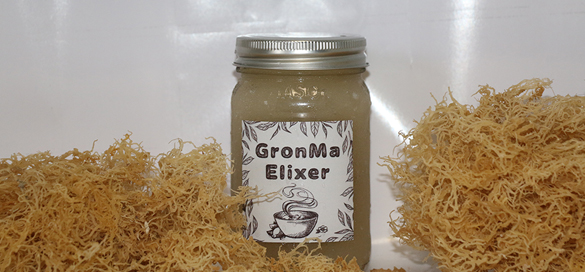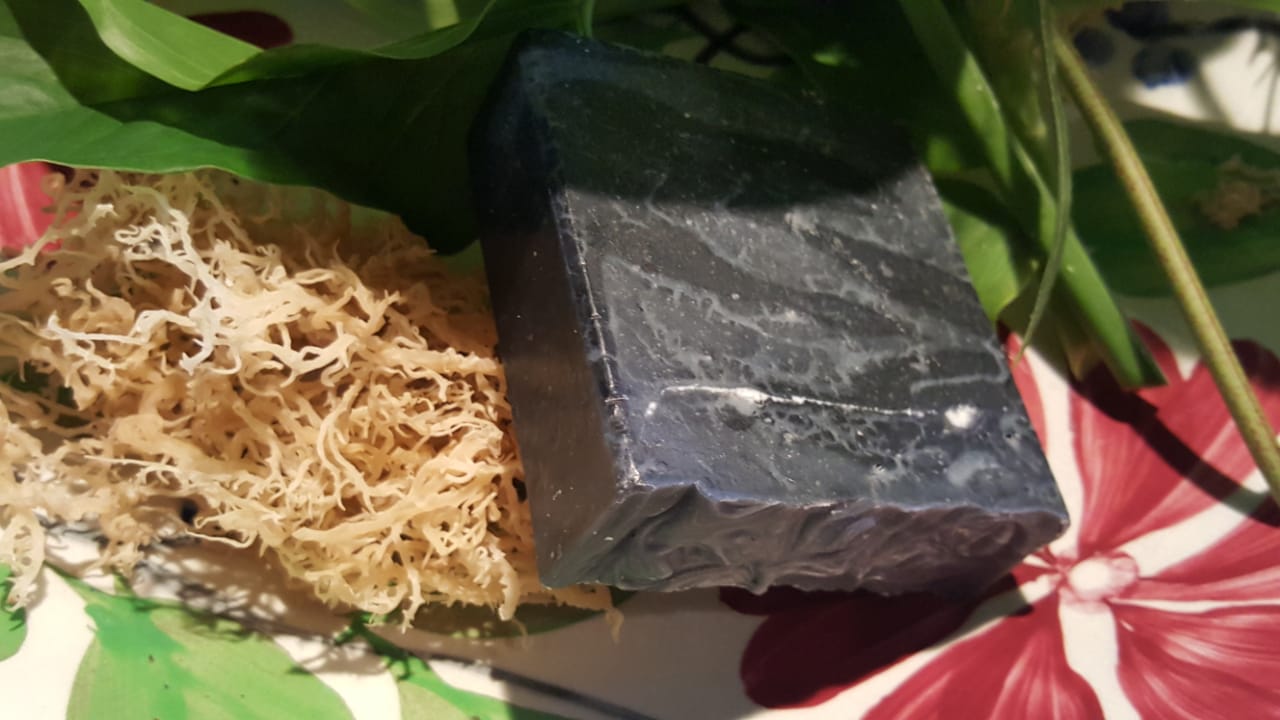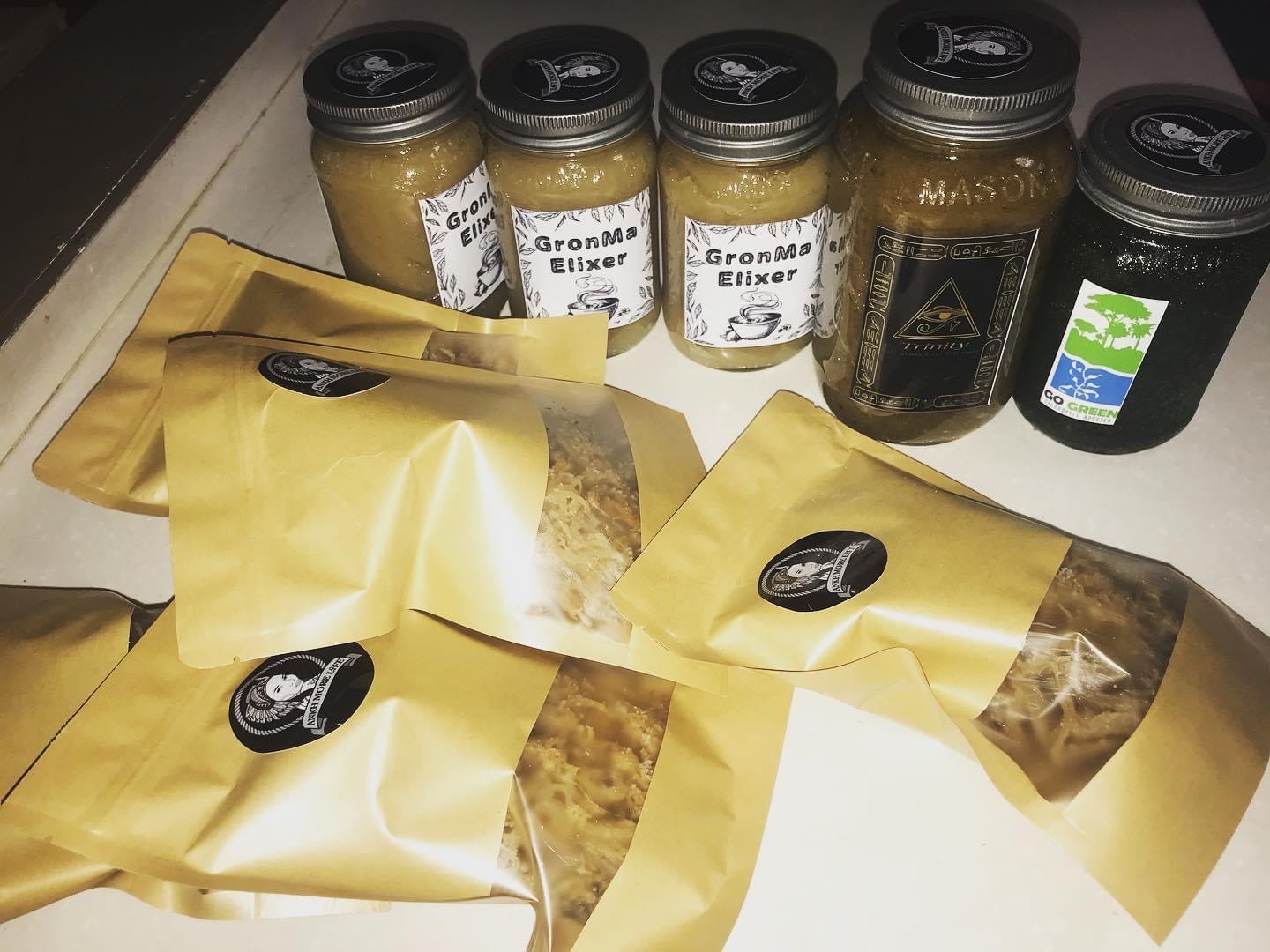
Health Benefits of Sea Moss
Sea moss is commonly harvested in New England to extract carrageenan, a gelatinous carbohydrate used in baked goods and cosmetics. However, sea moss can also be eaten on its own, and is often used to thicken soups and stews. Let’s take a look at the health benefits of this intertidal seaweed.
Health Benefits
Ever since Kim Kardashian posted about drinking a sea moss smoothie, the healthy eating community has been bursting with information about this superfood, claiming that sea moss can help with everything from your skin to your immune system. But how many of those benefits are based on science and how many are just hearsay?
The truth is that, while people have eaten sea moss for years, scientists are only now beginning to research its medical benefits. Here’s what we know so far.
May Prevent Parkinson’s Disease
Parkinson’s Disease is the second-most-common degenerative disease found in older adults.
Parkinson’s Disease affects movement, causing tremors, stiffness, and slowness of movement, and there is currently no cure. However, early research shows that sea moss may be able to slow the progression of Parkinson’s disease.
In a study done with worms, extract from sea moss was shown to decrease the accumulation of α-synuclein and reduce stiffness and slowness of movement. This could mean promising things for people with Parkinson’s Disease. However, more research is needed to see if sea moss has the same effect on humans that it has on worms.
May Improve the Immune System
Early studies suggest that sea moss can boost the immune system and may even protect the body from contracting salmonella.
One study showed that sea moss can stop the growth of S. Enteritidis, the bacteria that causes salmonella in humans. However, this is a very early study, and has not been reproduced in animals or humans. More research is needed to determine whether sea moss could help prevent or treat salmonella in humans.
Nutrition
One of the reasons sea moss has been touted as a superfood recently is that it’s a vegan, gluten-free source of many nutrients. Some of the nutrients contained in sea moss include:
- Vitamin B2
- Vitamin B12
- Calcium
- Chromium
- Magnesium
- Zinc
Nutrients per Serving
2 Tablespoons of sea moss contain:
- Calories: 5
- Fat: 0 grams
- Cholesterol: 0 milligrams
- Sodium: 7 milligrams
- Carbohydrates: 1 gram
- Fiber: 0 grams
- Sugar: 0 grams
- Protein: 0 grams
Portion Sizes
When it comes to using sea moss, remember that a little bit goes a long way. A serving of sea moss is just two tablespoons, so it doesn’t take much to start adding sea moss into your diet.
Sea moss is a source of iodine, which is something you can eat too much of. Having too much iodine in your diet can lead to a goiter, or enlarged thyroid gland, which can require surgery to resolve. To prevent this from happening, be sure to stick to one serving of sea moss per day.
How to Prepare Sea Moss
Many brands have begun selling sea moss capsules and tablets. However, there are plenty of ways you can prepare sea moss yourself to enjoy in dishes at home.
To cook with sea moss, you first need to wash it and then soak it in cold water for a full day, changing the water out frequently. You’ll know your sea moss is ready to use when it has doubled in size and become white and gelatinous. Once it’s ready, add the sea moss and some water to a blender and blend until it becomes a thick, honey-colored liquid.
Once you have your prepared sea moss, you can store it in the fridge for up to two weeks and use it in a number of recipes. Sea moss acts as a thickening agent in recipes, making it ideal for:
- Smoothies
- Soups
- Stews
- Baked Goods


